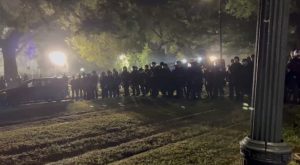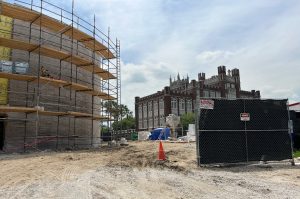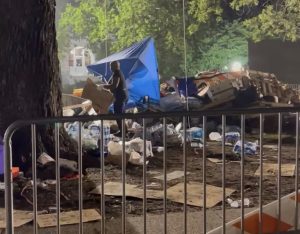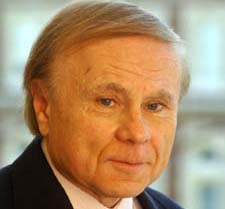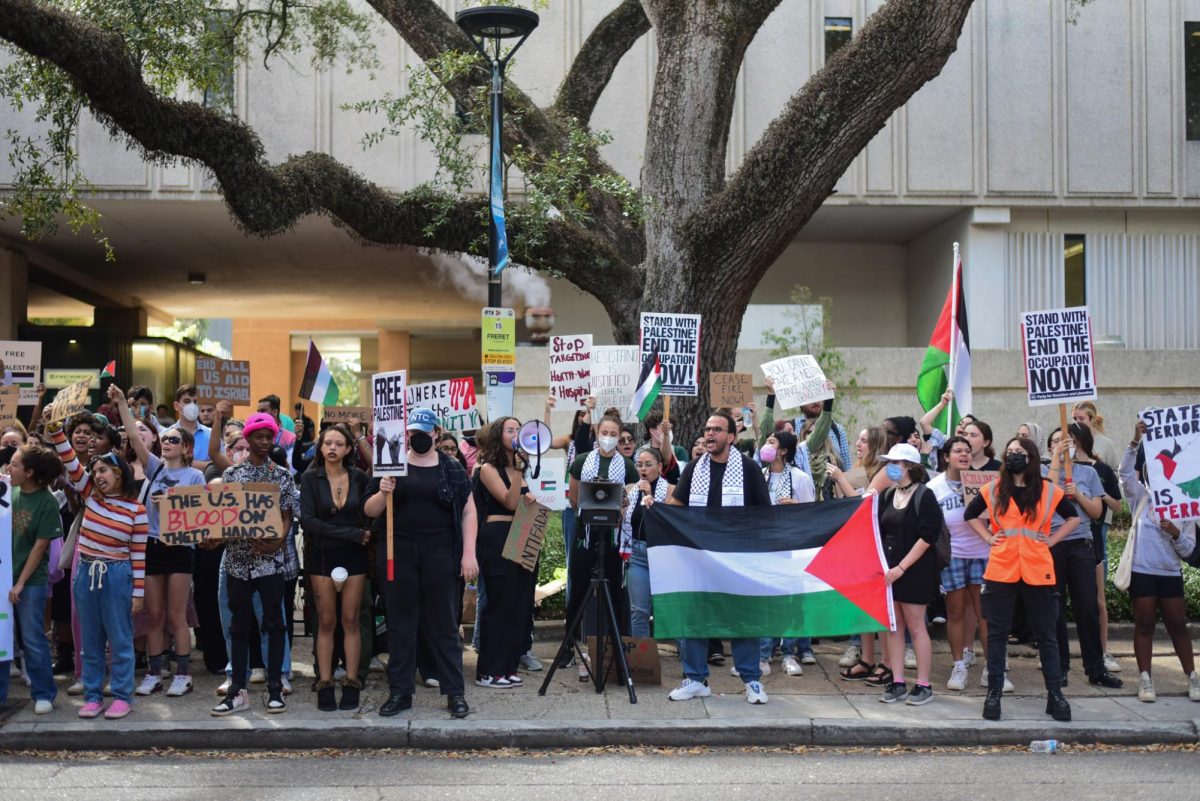On April 12-13, 44 heads of state will assemble at the 2010 Nuclear Security Summit in Washington as a prelude to the next five-year review conference of the Nuclear Non-Proliferation Treaty in May.
On the agenda will be issues that relate to intensification of international attempts to prevent nuclear terrorism, securing fissile materials worldwide, increasing cooperation on nonproliferation issues and combating nuclear smuggling. The summit will consequently cover a number of problems that extend beyond nuclear proliferation activities by Iran and North Korea.
President Hu Jintao of China will attend the summit, marking a new opening between the U.S. and China in the course of a stalemate over Beijing’s irritation with U.S. arms deals with Taiwan. China has also signaled its intention to discuss sanctioning Iran over its nuclear program.
Movement toward resolution of the issues on the summit agenda is crucial. The attacks of Sept 11, 2001 sounded an alarm for confronting the danger of nuclear terrorism. The assault on the World Trade Center demonstrated that there are terrorist groups ready to wreak civilian fatalities to an extent equivalent to the use of a weapon of mass destruction.
The odds of nuclear terrorism are escalating for a number of reasons including the increasing occurrence, ingenuity and lethal nature of standard types of terrorism, along with vulnerability of nuclear research and power reactors to sabotage and of weapons-grade nuclear materials to theft.
Testimony during trials disclosed that Al Qaeda training camps provided instruction in urban warfare against structures such as power plants. Al Qaeda is most likely capable of devastating strikes against nuclear plants. Osama Bin Laden also sought nuclear explosive components, such as plutonium and highly enriched uranium, expertise for constructing atomic bombs, and other hazardous nuclear materials to utilize in “dirty bombs” to widen radioactive contagion with standard-use high explosives. There is a pressing need, consequently, for the international community to intensify its attempts to secure stockpiles of nuclear weapons and materials, especially in Russia, Pakistan and India.
The most catastrophic form of terrorism is one that we don’t care to spend much time considering: a terrorist faction detonating a bomb in a U.S. city. Yet we need to confront this menace head-on in order to comprehend it and prevent it.
Will the summit attain its objectives and will these measure up to current nuclear security demands? Which nations might offer the most significant obstacles on the road to achieving the goals of the summit? In what way will the outcome of the summit influence the Nuclear Nonproliferation Treaty Review Conference?
Concrete results from the Nuclear Security Summit are critical in the current threat environment of adroit and suicidal terrorists committed to mass killing. Averting nuclear terrorism is a monumental project, yet it has specific solutions. It is an undertaking that surpasses all others in urgency.
Kenneth Keulman is a professor of religious studies. He can be reached at [email protected]


